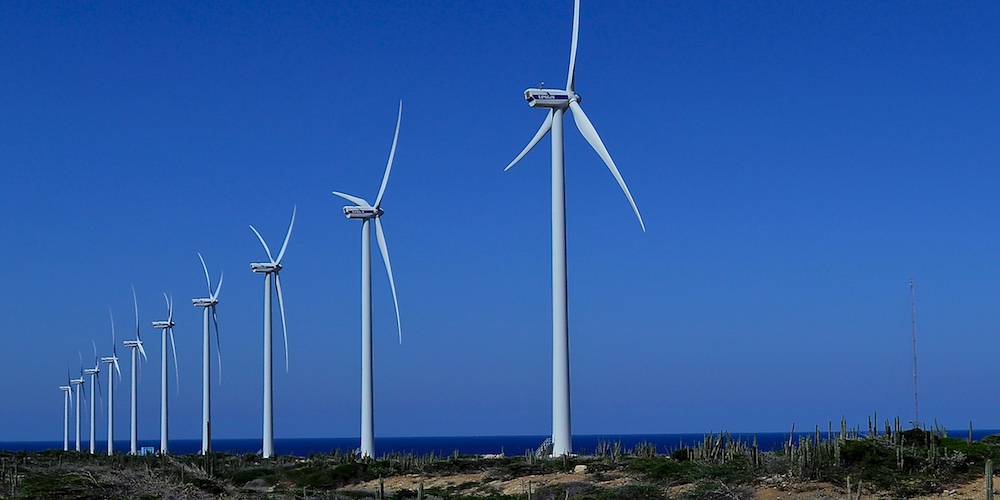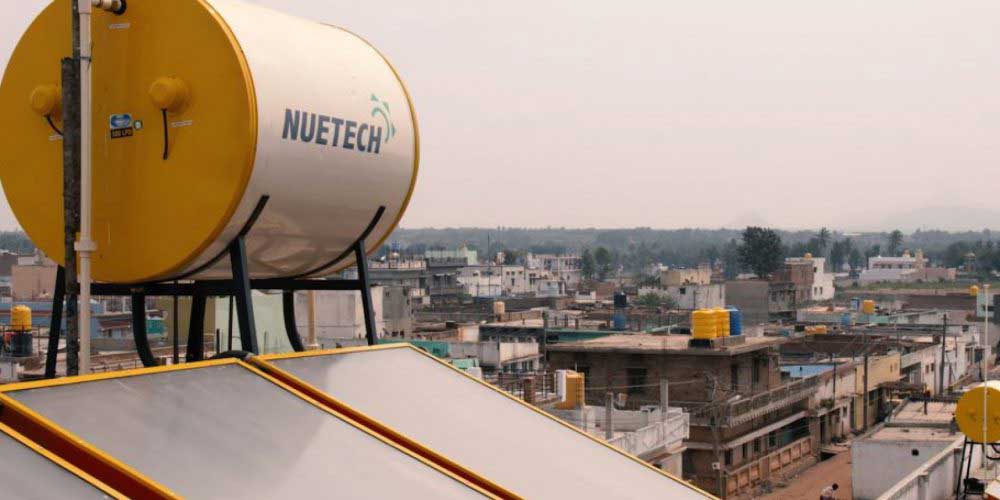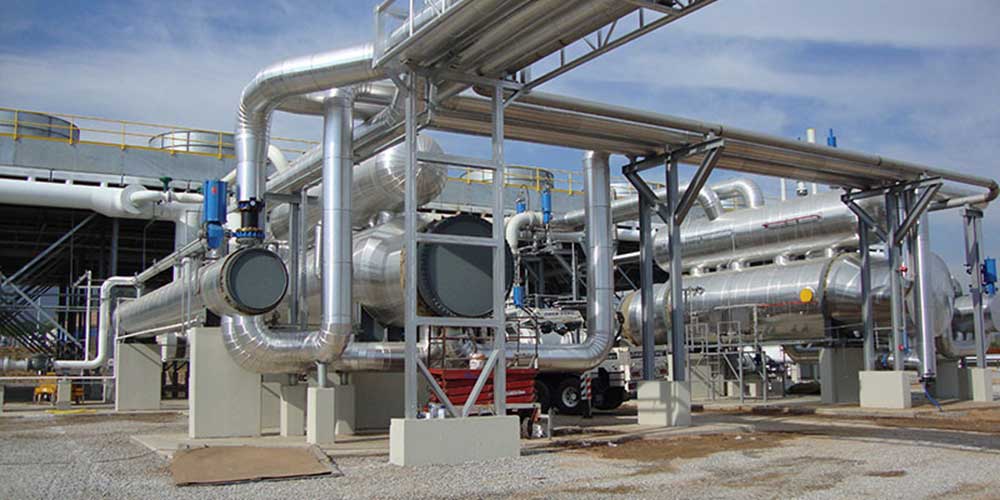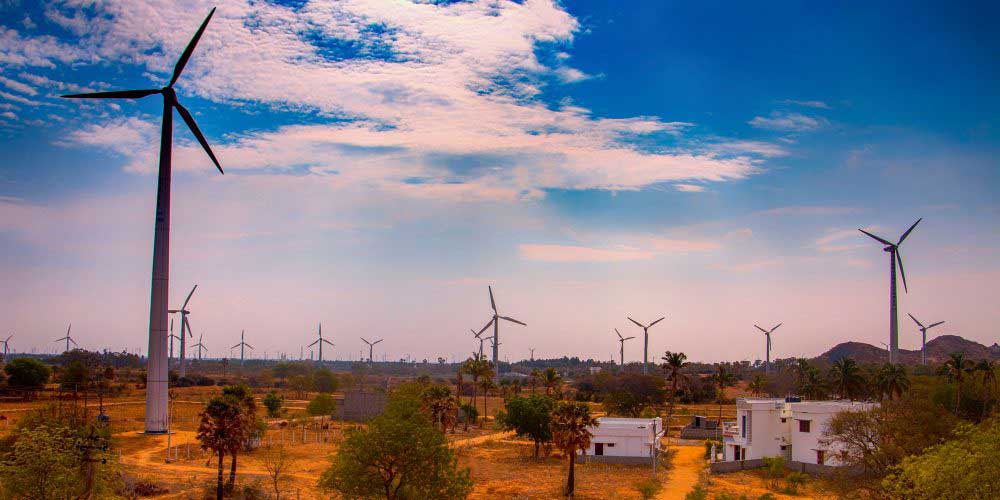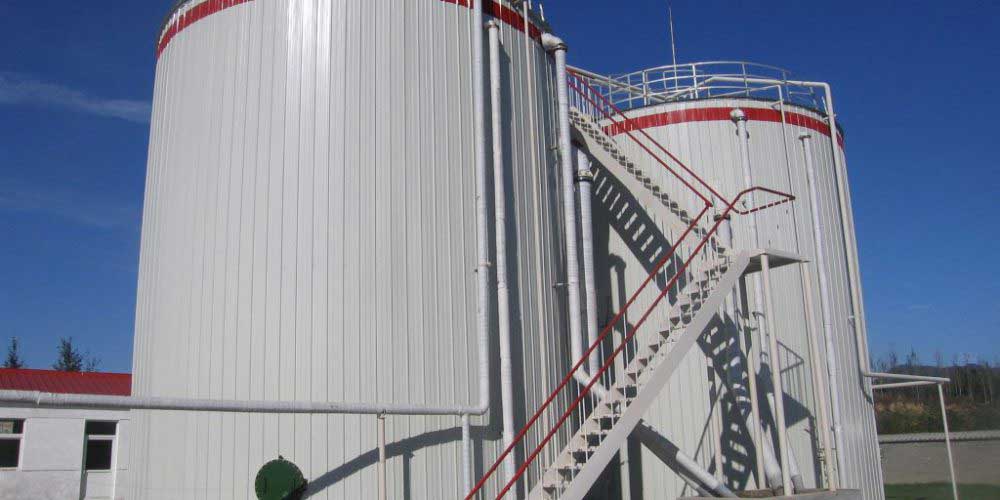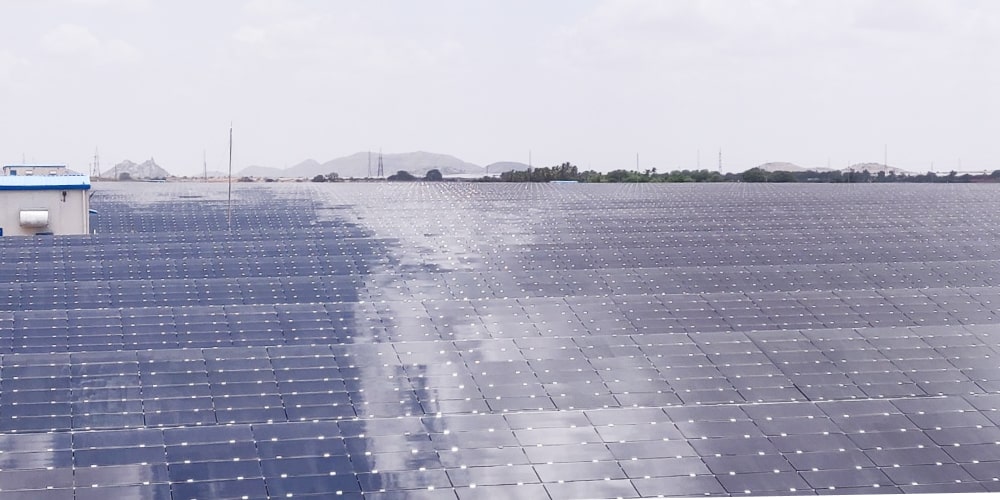Climate Projects
Here you’ll find more information about our climate projects and why we have chosen them
Our guidelines
We believe that carbon offsetting should never be used as a way to rationalize or perpetuate unsustainable practices. It should only be considered as an option after first calculating and starting to reduce your carbon footprint.
To account for potential calculation errors, the calculated carbon footprint is offset by a factor of 200%.
The carbon offsetting occurs in a portfolio of climate projects that have been chosen to maximize the climate benefit for the lowest possible cost and risk. Furthermore, we make sure that our projects contribute in tangible ways to a region’s social improvement.
Offsetting in a portfolio of projects means the risk will be spread out. That is much more secure than if you as an individual were to select a single project. That is the same logic as, for example, taking on less risk by investing in a mutual fund instead of buying a single stock.
The climate projects are certified by the UN and bear the Gold Standard quality label (supported by WWF and similar organizations). This means that the projects been subject to the toughest audit requirements regarding verifiable climate benefit and social improvement.
Our climate projects
- Uganda Safe Water – Today, 81% of Uganda’s population lacks access to clean water, forcing families to boil unsafe water with firewood. This leads to deforestation and increased CO₂ emissions. By investing in clean water solutions, we reduce the need for firewood, protect forests, improve health, and create new opportunities for local communities.
- Nigeria Cookstoves – Today, many households and small businesses in Nigeria rely on inefficient charcoal stoves, leading to high fuel consumption, increased emissions, and health risks. By distributing energy-efficient cookstoves, the project reduces fuel consumption by up to 50%, lowering CO₂ emissions, improving health, and providing economic savings for thousands of families. The project contributes to reducing poverty, increasing access to cleaner energy, and driving powerful climate action.
- Aruba Wind Power – Vader Piet is the first wind power park built on Auruba, enabling 20% of the island’s electricity to be renewable. The park is being expanded with additional wind mills and solar panels to be able to cover at least 40% of the electricity consumption.
- India Solar Water Heating – Today, 90% of people living in cities in west India use direct electricity to generate warm water. Since warm water represents 20-30% of the electricity usage and India’s electricity mix today consists to a large extent of fossil fuels, this has a significant negative climate impact. Neutech Solar solves this by distributing solar water heaters that are installed on household roofs.
- Aydin Geothermal Energy – In Turkey’s Aydin province, geothermal energy is now being harvested. It is a great complement to wind- and solar power, as it is not dependent on the weather. Turkey has a growing energy demand where >80% of the energy supply is still generated by fossil fuels as of 2020. The geothermal energy plant helps to phase out the dependence on coal, oil and natural gas.
- India Wind Power – The projects builds and installs windmills to generate electricity in western India, which is currently heavily dependent on fossil fuels for electricity generation. Apart from the large climate benefit, it also creates green jobs and a safer method of providing electricity.
- Guangdong Methane Digesters – The project involves building and installing biogas digesters fueled by pig manure, for local households. This is an extremely effective project since it both eliminates the households’ use of coal and prevents methane gas (which is 30 times more detrimental than CO2) from the pig manure from escaping into the atmosphere. Besides the positive climate impact, the project also enables better air quality and new green jobs.
- Turkey Wind Power – Installation of wind turbines in three different provinces that are currently heavily dependent on coal for electricity production.
- India Solar Power – Installation of 250 MW solar power project at villages in the Karnataka region, replacing electricity supply previously based on fossil fuels.
Audit
ClimateHero uses a third-party auditor to inspect and validate our carbon offset practice. The objective of the audit is to ensure that ClimateHero acts in compliance with the stipulated policy and ensure that the offset volumes in climate projects match the volumes bought by ClimateHero’s users. The audit is conducted in conjunction with the financial closing of books each fiscal year. The first audit occurred in 2018.
- Carbon offset annual report and audit-2018
- Carbon offset annual report and audit-2019
- Carbon offset annual report and audit-2020
- Carbon offset annual report and audit-2021
- Carbon offset annual report and audit-2022
- Carbon offset annual report and audit-2023
- Carbon offset annual report and audit-2024
How to go carbon neutral
ClimateHero helps you go carbon neutral in three steps:
- Step 1: Calculate your carbon footprint in 5 min
- Step 2: Reduce your footprint with climate pledges
- Step 3: Offset your remaining footprint by 200%
Calculate your footprint

